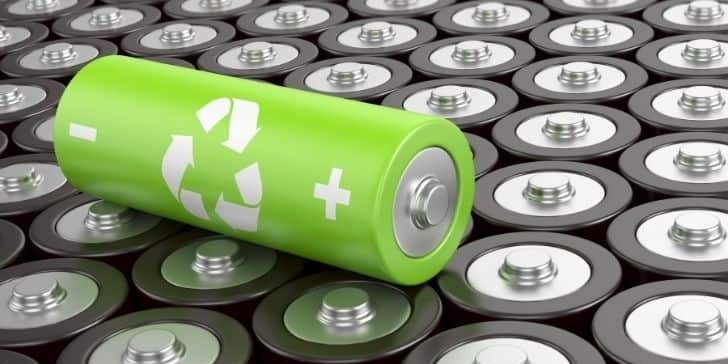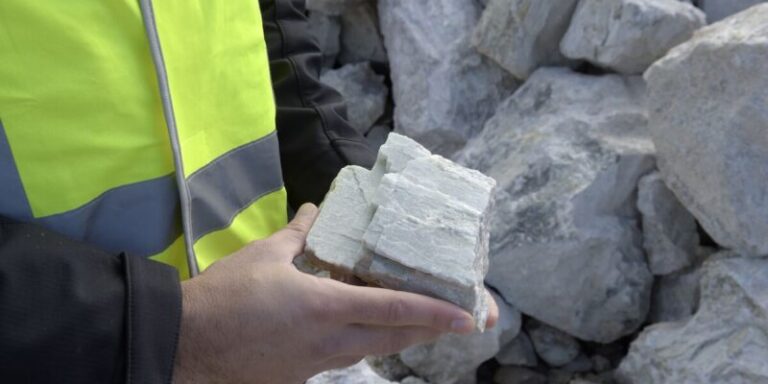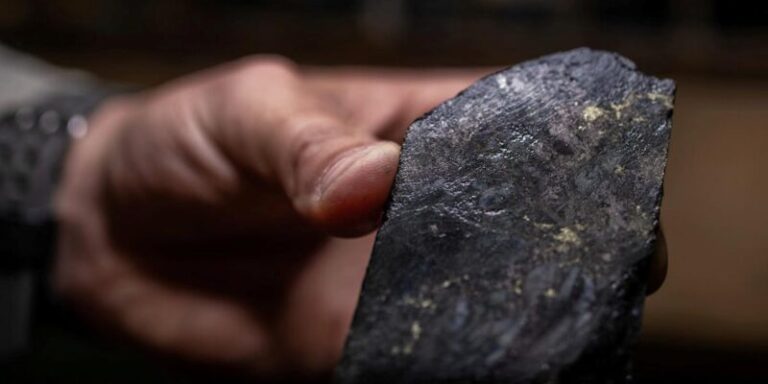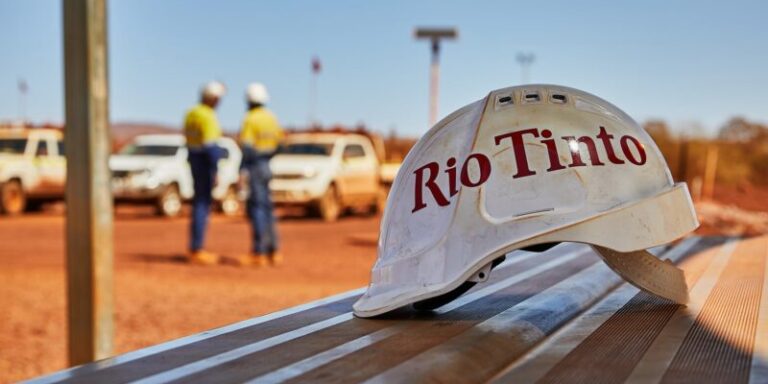
Europe has the potential to recycle enough battery materials to supply up to two million electric vehicles (EVs) annually by 2030.
However, high energy costs and insufficient financial support threaten to undermine this achievement, according to a report published on Thursday
The 27-member European Union is working to reduce its reliance on China for critical battery materials like lithium and cobalt, essential for its green and digital transformation.
The 2023 EU Battery Regulation sets ambitious targets, requiring industrial batteries to contain minimum recycled shares of lithium (6%), nickel (6%), and cobalt (16%) by August 2031, with even higher quotas expected by 2036
Transport & Environment (T&E), an advocacy group for clean energy and transport, highlights the significant benefits of scaling up battery recycling in Europe:
- Recycled materials could meet 14% of lithium, 16% of nickel, and 25% of cobalt demand by 2030.
- Locally recycled materials could supply 1.3 to 2.4 million EVs annually, reducing the need to establish 12 new mines globally by 2040.
- Recycling lithium could reduce carbon emissions by nearly 20%, compared to the emissions from mining in Australia and refining in China
Despite promising announcements for over 30 battery material recovery projects, Europe’s current recycling capacity is only 10% of what is needed to meet 2030 demand. Significant obstacles include:
- High energy costs.
- A shortage of technical expertise.
- Limited financial backing, leaving nearly half of the planned projects uncertain.
Failure to scale recycling infrastructure could see valuable materials exported to China, only to return to Europe embedded in finished EVs, the report warns.
The report coincides with Raw Materials Week, an annual conference organized by the European Commission to discuss strategies for securing critical minerals.
Speaking at the event, Stephane Sejourne, Commissioner for Industrial Strategy, emphasized the importance of expanding recycling capacity within the EU.
Looking ahead, the Commission plans to unveil a list of eligible mining, processing, and recycling projects in early 2025.
These projects, selected from over 170 applications, will benefit from streamlined permitting processes and increased access to financing to bolster Europe’s raw material self-sufficiency.
While Europe has the potential to lead in battery recycling, realizing this vision requires overcoming economic and technical barriers.
Strategic investments and policy support will be essential to meet the EU’s ambitious green goals while reducing dependence on external suppliers.
SOURCE:Reuters








